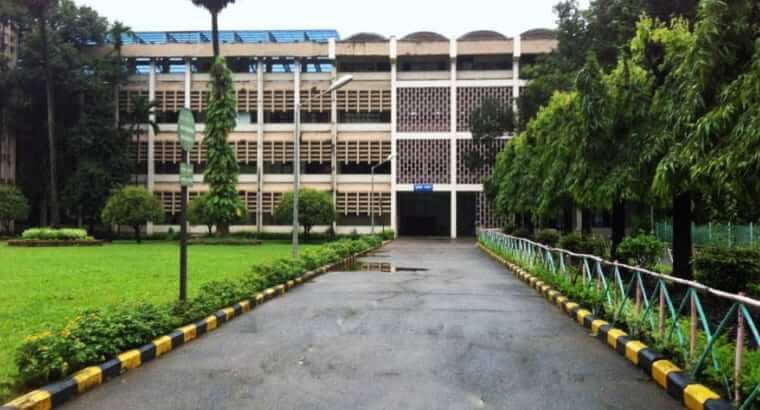
Researchers from Shiv Nadar University in Greater Noida and Indian Institute of Technology, Bombay (IIT-B) have created environment-friendly lithium-sulfur (Li-S) batteries.
The research will aid the production of cost-effective, compact, energy-efficient, safe and environment-friendly Li-S batteries, offering a viable alternative to lithium-ion batteries used at present. The Li-S battery technology has the potential to aid multi-billion dollar industries, including tech gadgets, drones, electric vehicles (EV) that depend on such batteries.
This Li-S battery technology — once put into production — will be significantly cheaper and sustainable while offering up to three times higher energy density with intrinsic flame-retardant properties.
“The research focuses on the principles of Green Chemistry to find a solution that addresses the requirements of industries and the environment simultaneously,” said study lead researcher Bimlesh Lochab, Associate Professor of the Department of Chemistry at Shiv Nadar University.
According to the team, the new battery technology synthesizes a bio-based molecule capable of commercial-scale production.
The research includes a new type of cathode for Li-S batteries which can help push the promising battery technology to higher performance levels. The use of cardanol for sulfur-based structures as an unconventional application to create cathode materials in the battery technology has exhibited enhanced capacity retention and longer battery life in a significantly smaller unit.
The sulfur for the battery is sourced from industrial waste and cardanol from bio-renewable feed-stock that is easily available, non-toxic and environment-friendly.
The research innovatively used eugenol (derived from clove oil) copolymer, which is also environmentally sustainable, halogen-free, flame-retardant and reduces the combustible propensities.
“This breakthrough research by Dr. Lochab underlines the need for a clean energy solution at a time when our dependence on battery-operated devices has increased manifold,” said Dr. Rupamanjari Ghosh, Vice-Chancellor, Shiv Nadar University.
READ ALSO: Bamboo replaces plastic, giving Goa polls an eco-friendly touch


